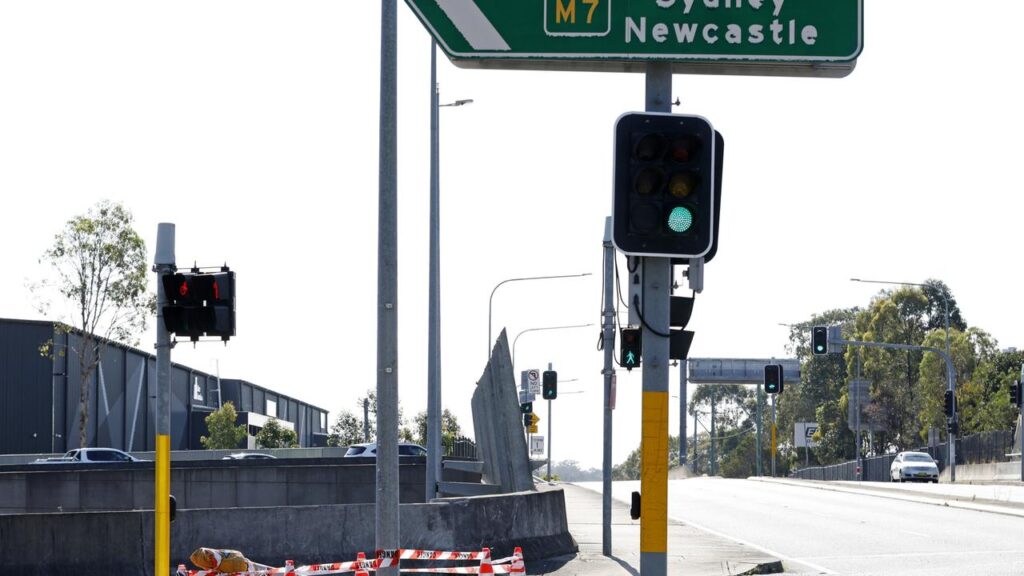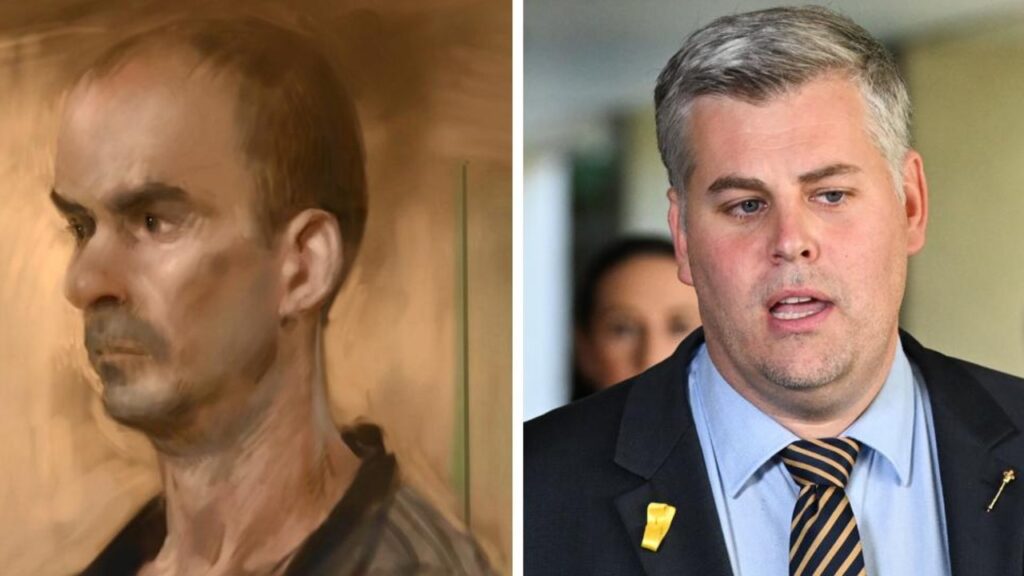Dutton’s nuclear energy idea slammed
Written by admin on September 8, 2024
The Albanese government has attached a $600bn price tag to the opposition’s nuclear energy proposal in an attack ad targeting the plan, after the Coalition failed to provide costings since announcing it in June.
“Peter Dutton’s had an idea: nuclear power stations that will cost $600bn to build and make up just 4 per cent of the national grid,” a voiceover says in the ad released on Sunday.
The ad goes on to say the plants would not be up and running until 2040.
“And because nuclear is the most expensive form of energy for Australia, your power bill will go up to a mind-blowing $1000 more a year,” the ad says.
The ad draws on analysis by the Smart Energy Council released in the days following Opposition Leader Peter Dutton’s unveiling of the plan to build seven nuclear plants.
The peak body estimated it would cost between $116n-$600bn and only provide 3.7 per cent of Australia’s energy mix in 2050, based on experiences overseas and data from Australia’s science agency and the national energy operator.
It worked out at about the same cost as delivering a near 100 per cent renewables mix by 2050.
Opposition treasurer Angus Taylor, who was energy minister in the former Coalition government, hit back at the ad by saying the Albanese government had “no credibility” on energy policy.
“This is the Labor Party that promised a $275 price reduction and there’s no sign of that,”
Mr Taylor told Sky News.
“There’s no sign of our electricity bills going down under this renewables-only strategy of this Labor government.”
He said the government’s “energy policies have failed” and that there was “a better pathway”.
More Coverage
Mr Dutton has dismissed questions about costings by saying he did not want to overload Australians with too much information at once.
Though, the absence of costings has not been the only thing working against the idea.
The plan was announced with little to no consulation with people living near the proposed sites for the nuclear reactors, sparking backlash from local communities and state governments.








